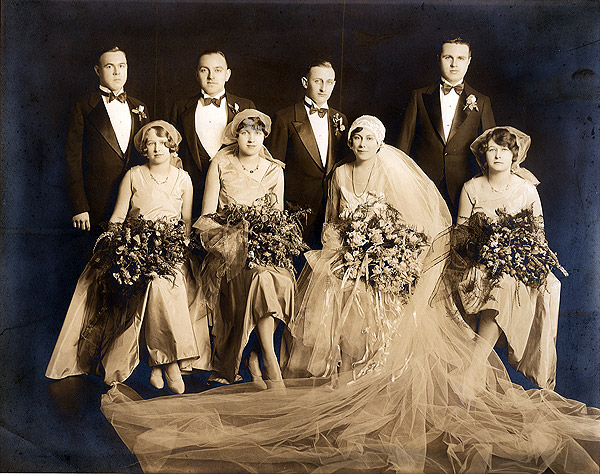Originally published in the Saturday Evening Post (11 October 1930) "One Trip Abroad" follows an American couple as they jaunt across Europe. They begin in the Sahara and end up in Switzerland over the course of several years.
Apparently F. Scott decided NOT to include this story in any of his collections of stories because it has a lot of Tender in it. It does. I noticed it right away and I'm not a scholar (yet).
There are at least four "stripped" passages--I got read them side by side after looking them up in my Tender "reader's companion" (that came in the mail today). I waited until after I read the short story though, I didn't want to ruin it!
What I recognized as similar though was more obvious. The names: Nelson and Nicole Kelly are very much like Dick and Nicole Diver. There is even a "Rosemary" in the form of "Noel"...which was probably my favorite scene in the story.
The story is divided into three sections--each ending with something that builds about the next--until the surprising end.
I like how F. Scott picked specific moments in the lives of the Kellys to write about--they are ordinary, but become something more.
The decision to move to Monte Carlo instead of Paris seems to be made hastily and then it is in Monte Carlo where Nelson is caught having an affair with Noel--"Nelson's girl" as Nicole calls her before she KNOWS what is actually going on between the two.
The revelation of the affair may be my favorite section:
"Ah, but kiss me again," it said, stopped; Nicole stopped, too, rigid in the silence, now broken only by the voice on the porch.
"Be careful." Nicole recognized the faint French accent of Noel Delauney.
"I'm tired of being careful. Anyhow, they're on the veranda."
Then we have Nicole's reaction as she confronts the pair and she throws the vase of flowers she had been carrying:
"With blind horror rather than anger, Nicole threw, or rather pushed away from her, the glass vase which she carried. If at anyone, it was at Nelson she threw it, but the force of her feeling had entered the inanimate thing; it flew past him, and Noel Delauney, just turning about, was struck full on the side of her head and face."
The rest of the story is very anti-climactic for me. I am not sure why exactly though--the ending is interesting and uses the "Doppelganger device" according to the remarks before the story. We studied the "unconscious" and the "doppelganger" extensively in my Gothic Literature class.
----------------------
Personal Reflection: I love reading about affairs--I don't know what that says about me and so I'm perplexed by it. I remember a professor saying once that we get to go on journeys when we read--without any consequence. I hope that's all it is.
Sidenote: I like how F. Scott uses commas in the middle of sentence--just to let the reader take a break. They are everywhere, his commas.
I liked "The Bridal Party" better.
~~J




